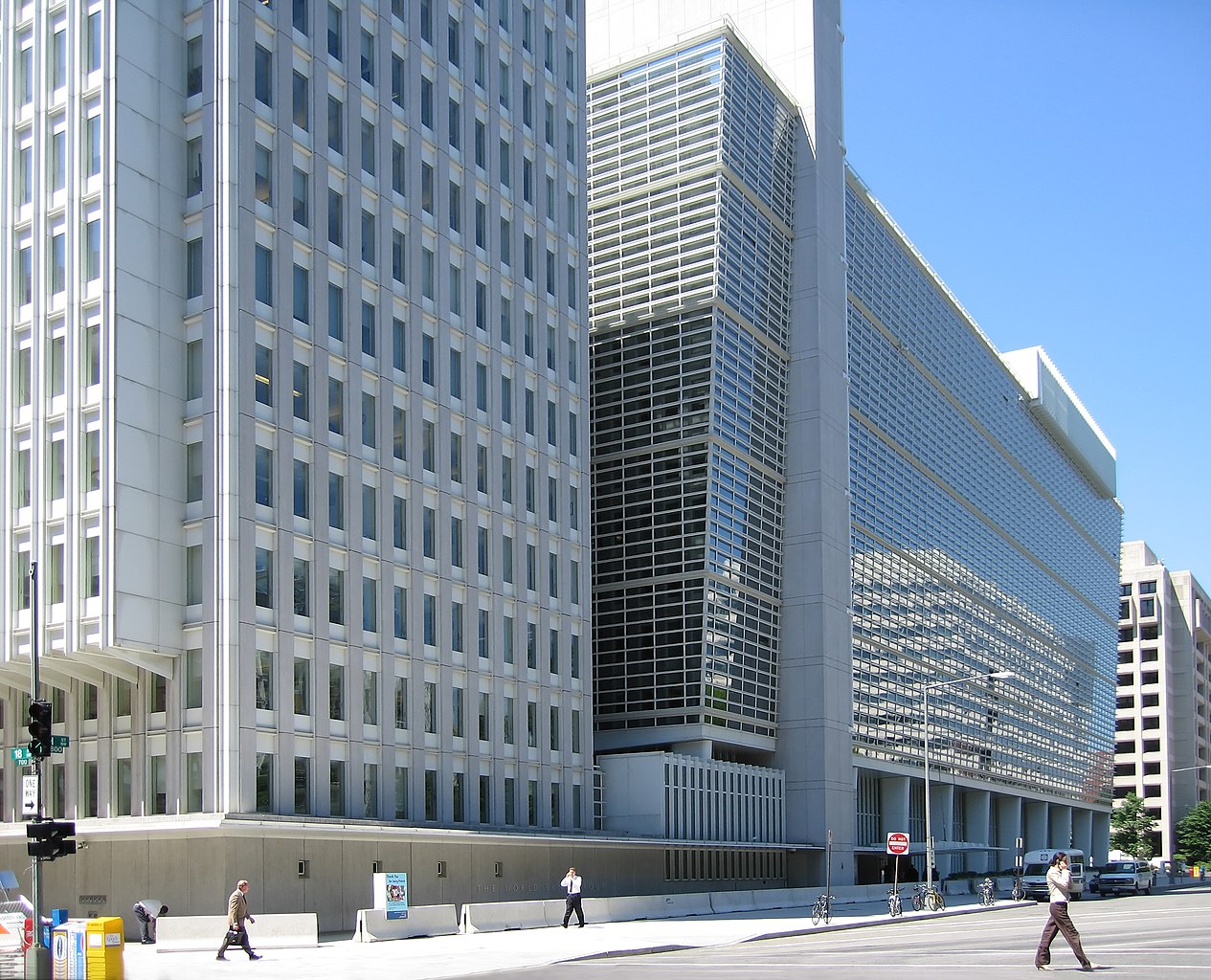June 2025 – The World Bank has issued a stark warning about the trajectory of the global economy, slashing its growth forecast for 2025 to 2.3%, marking the slowest pace of expansion since the 2008 global financial crisis.
In its latest Global Economic Prospects report, the Bank attributes the slowdown to rising protectionism, elevated tariff levels, and prolonged trade tensions—most notably the continued economic standoff between the United States and China. The report describes these dynamics as “significant headwinds” to global economic activity, particularly damaging in a post-pandemic environment where many countries are still recovering.
“International discord—particularly around trade—has upended many of the policy certainties that helped reduce extreme poverty and expand global prosperity after World War II,” said Indermit Gill, the World Bank’s Chief Economist.
Globalization in Retreat
The World Bank’s report paints a sobering macroeconomic picture. Decades of globalization that once underpinned robust global growth and lifted millions out of poverty are now at risk of unraveling as tariff barriers reach levels not seen in nearly a century. These policies, coupled with geopolitical uncertainties, are discouraging investment and destabilizing long-term economic planning.
The effects are already visible in several key markets:
- U.S. economic growth is forecast to fall to 1.4% in 2025, a downward revision of 0.9 percentage points.
- Europe’s GDP growth is projected at just 0.7%, down 0.3 points.
- Global merchandise trade is expected to decline by 0.2%, with North American exports forecast to plunge by 12.6%, disrupting supply chains across sectors.
A Narrow Path to Recovery
While the overall outlook remains grim, the World Bank notes that resolving ongoing trade disputes and halving current tariff levels could lift global growth by approximately 0.2 percentage points over the next two years.
“Global cooperation is essential to restore a more stable and transparent trade environment,” the report states. “At the same time, domestic policy reforms across emerging markets and developing economies are critical to containing inflation, bolstering fiscal health, and prioritizing sustainable spending.”
The report highlights that without coordinated action—both internationally and at the national level—the most vulnerable economies will continue to bear the brunt of rising costs, disrupted trade flows, and policy instability.
The Broader Economic Consensus
The World Bank’s grim outlook aligns with similar downward revisions from the International Monetary Fund (IMF) and the Organisation for Economic Co-operation and Development (OECD), reinforcing a growing consensus that the era of frictionless global trade may be drawing to a close.
“Trade wars have no real winners,” the report cautions. “But the costs are disproportionately borne by smaller, less resilient economies.”
As global supply chains fragment and the pace of integration slows, economic institutions are calling on world leaders to pivot away from confrontational trade policies in favor of constructive, long-term cooperation.
Without such a shift, the world risks sliding into a prolonged period of economic stagnation, with lasting consequences for growth, development, and poverty reduction.
World-Bank-building-at-Washington-Picture-by-Dr-Junge



